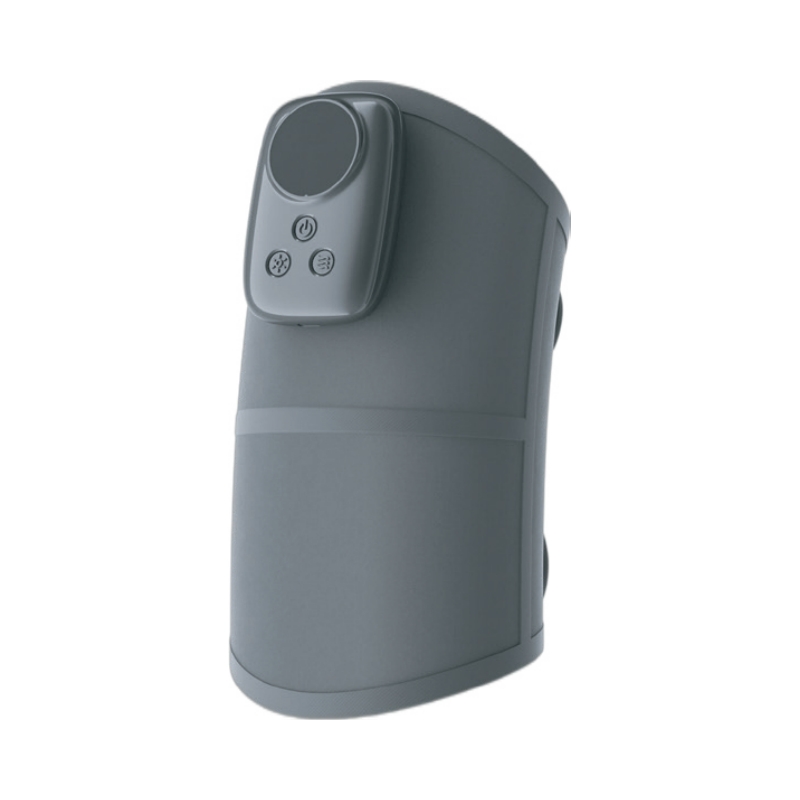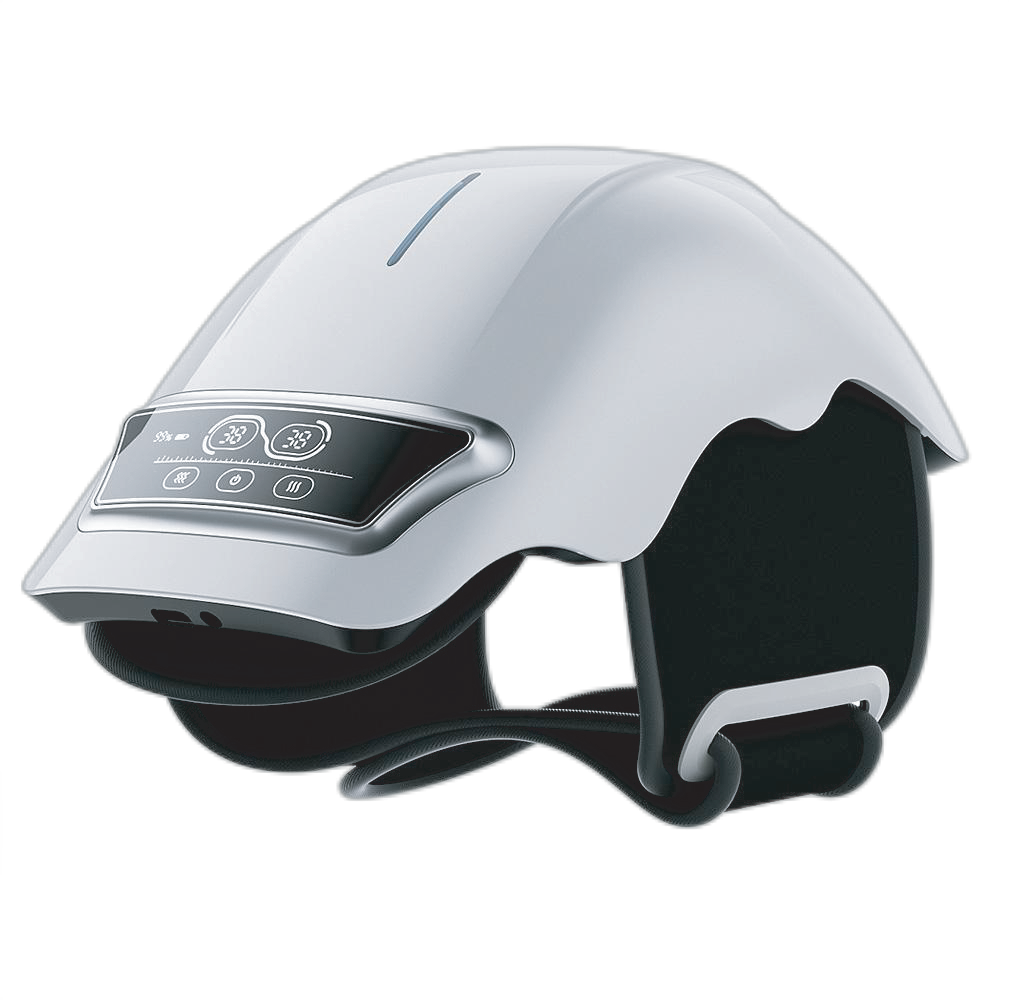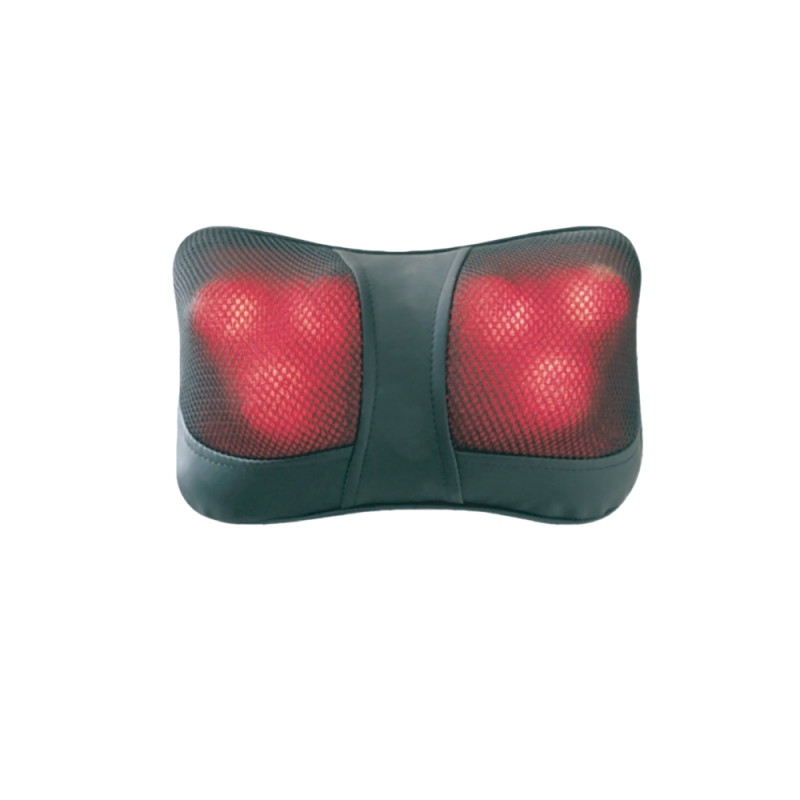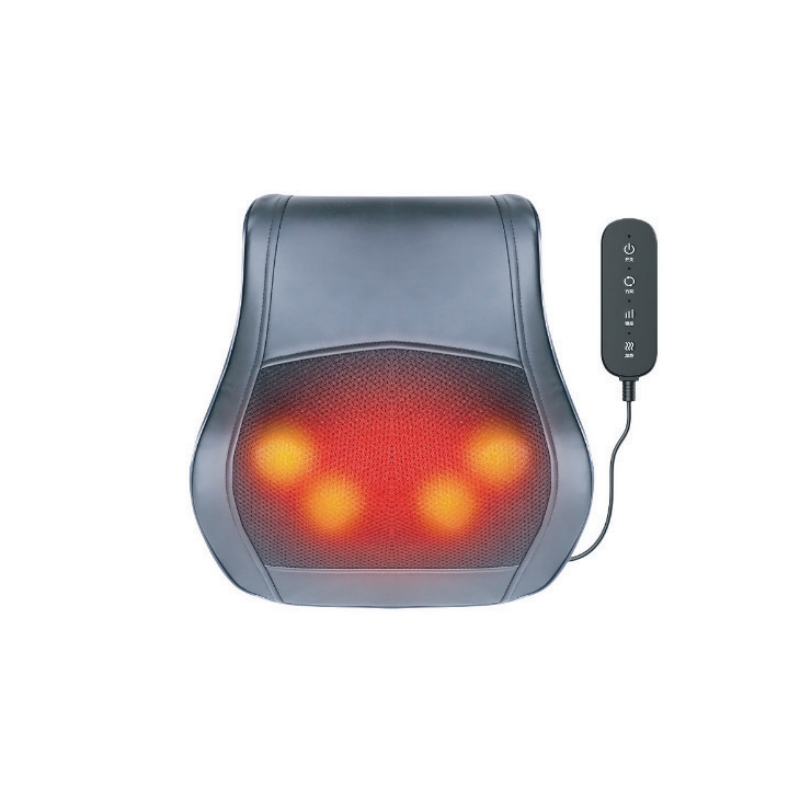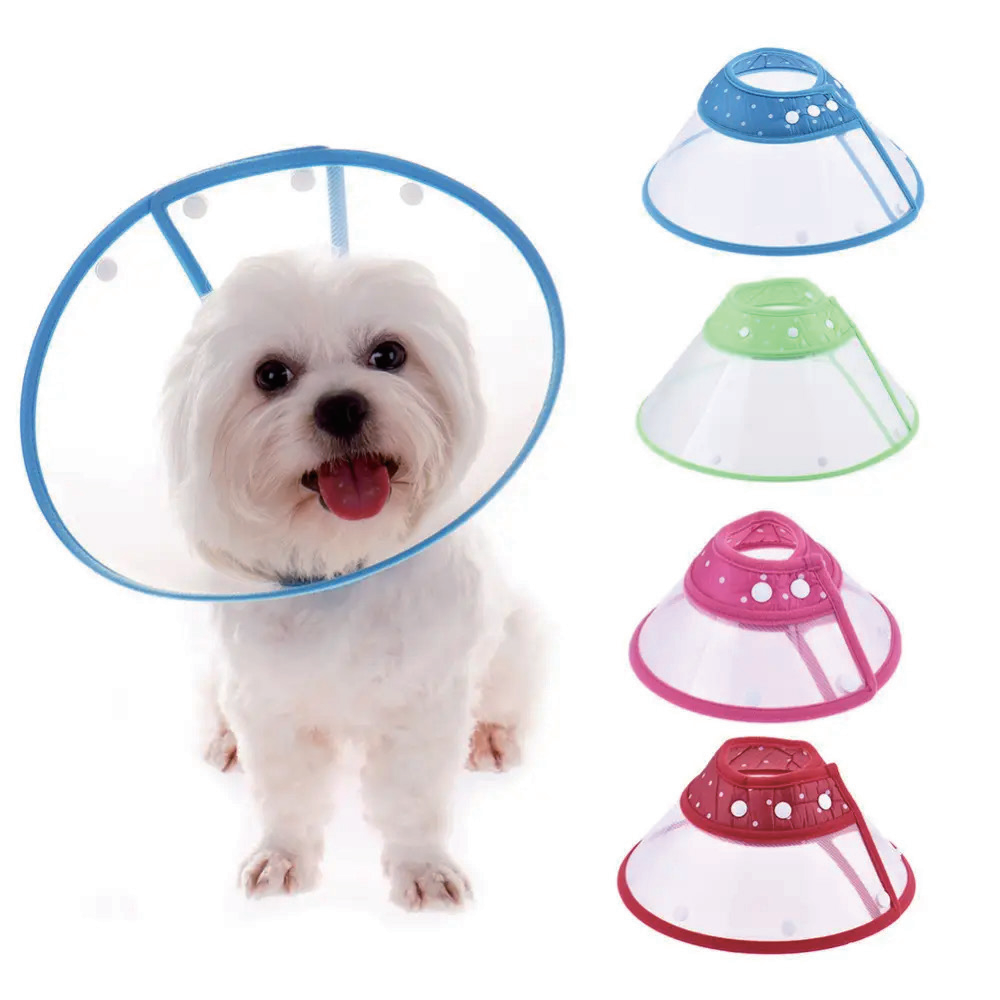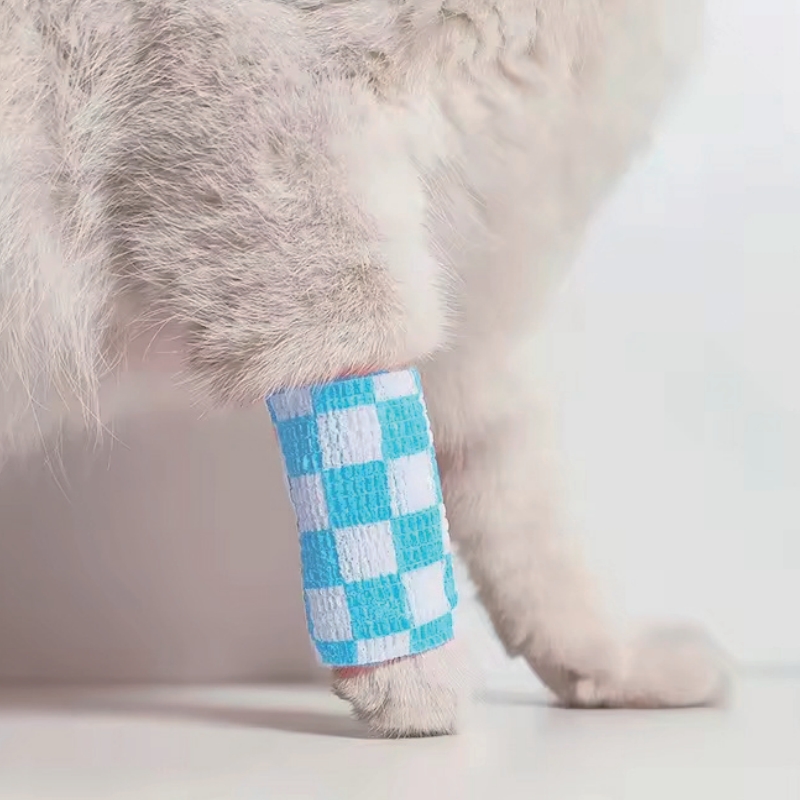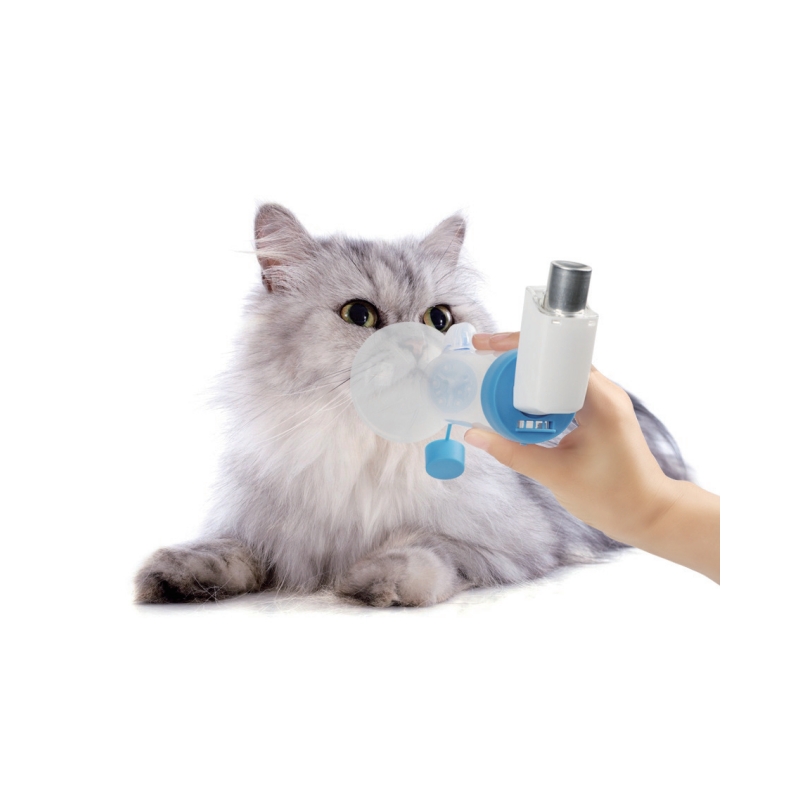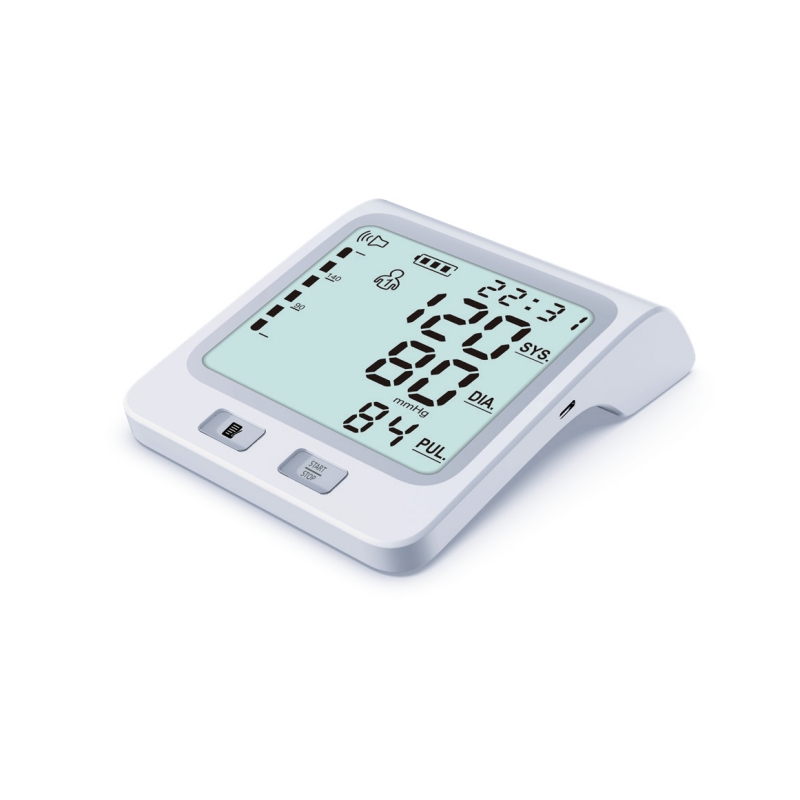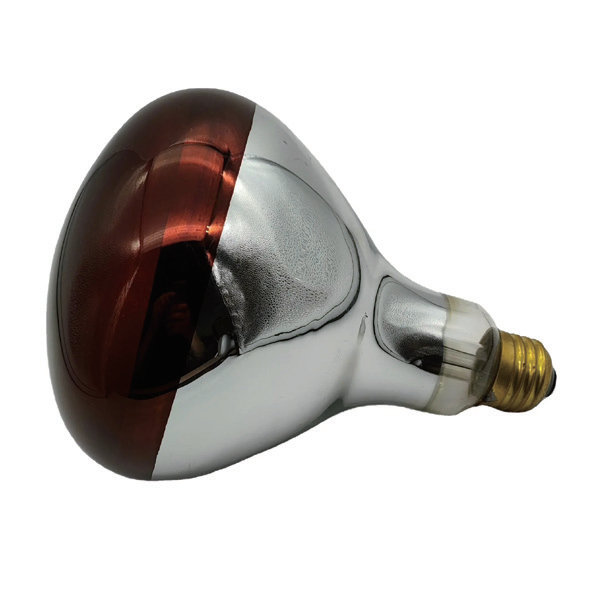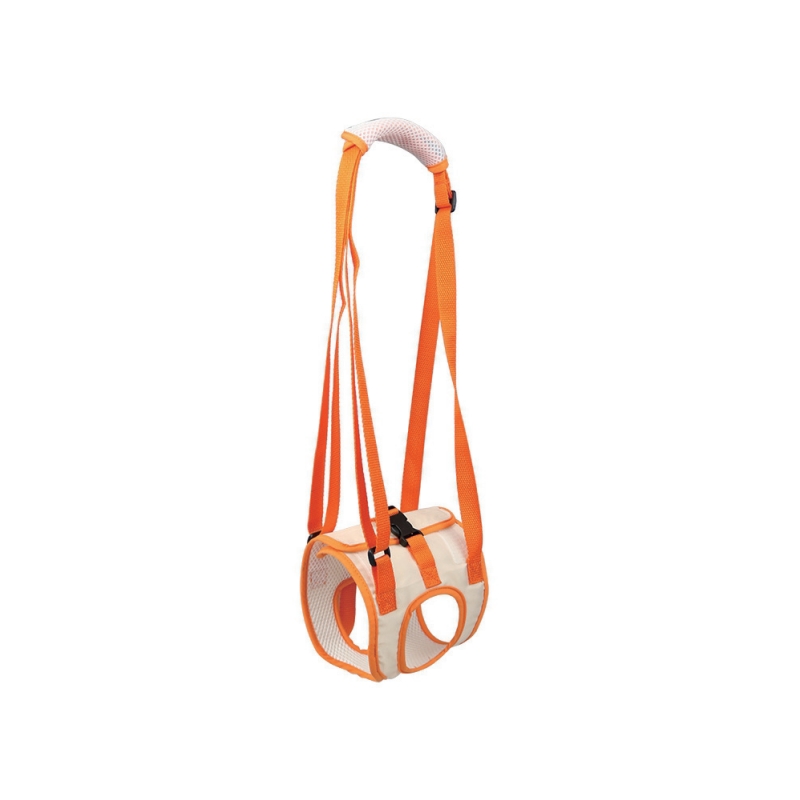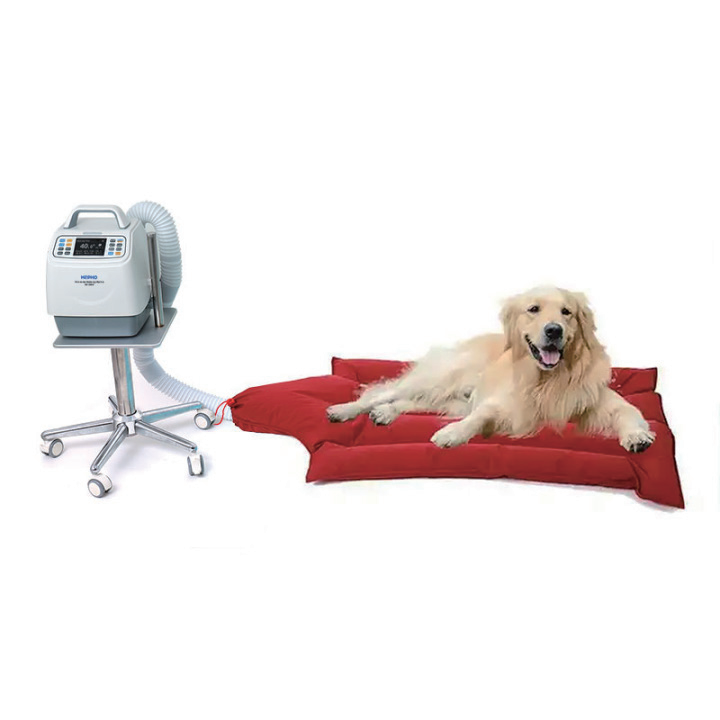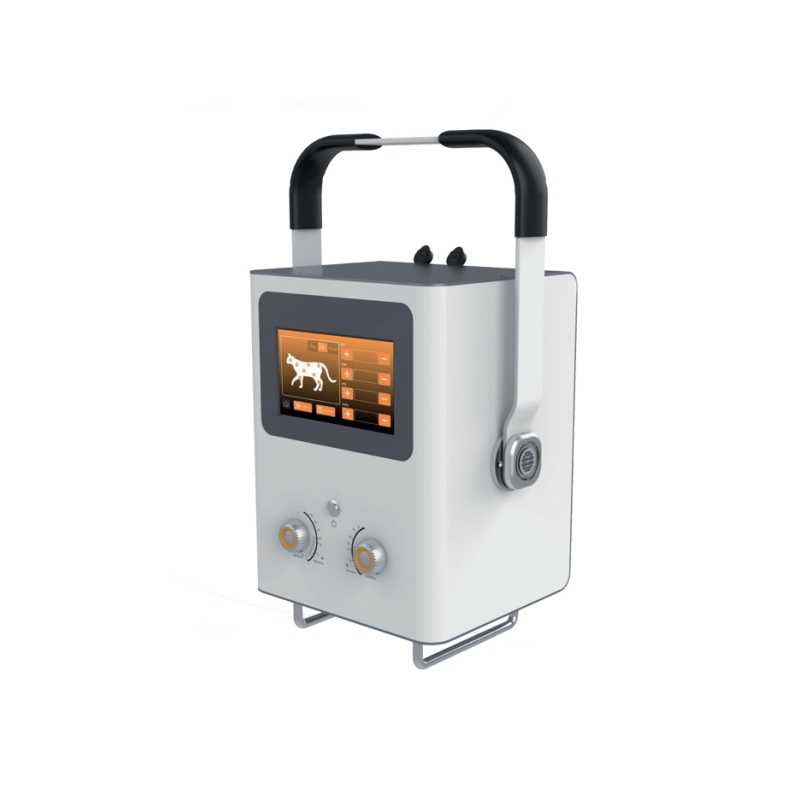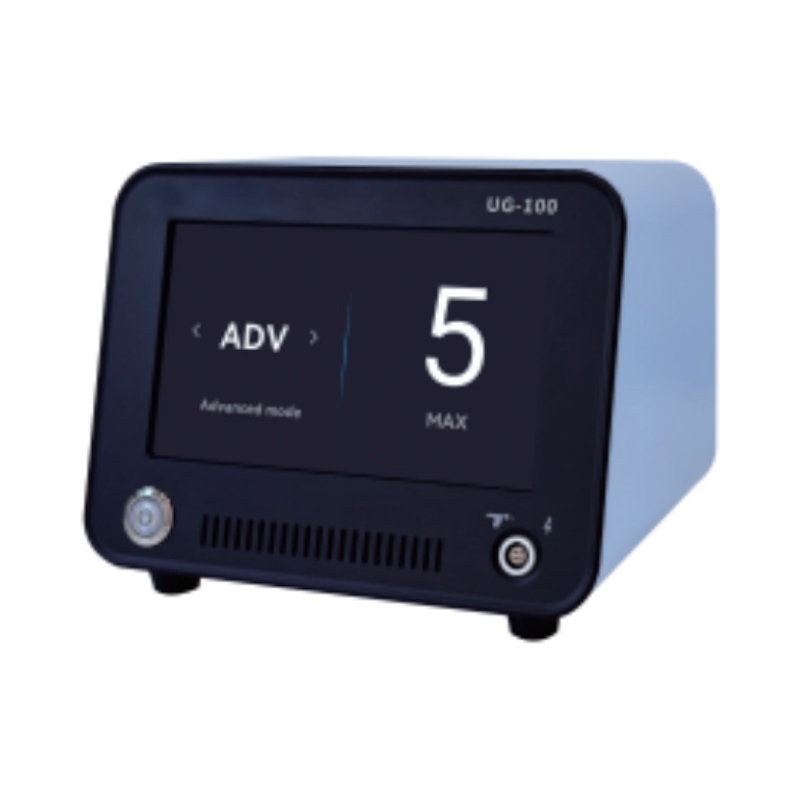What Causes Sleep Apnea?
What Causes Sleep Apnea?
What is Sleep Apnea?
Sleep apnea is a potentially life-threatening disease that should be handled seriously. It’s one of the most common causes of snoring, and it shows as a brief pause in breathing, with oxygen levels falling below 20% of normal for 10-20 seconds during sleep. It is known that if precautions are not taken, sleep apnea leads to carelessness, increasing the risk of traffic accidents and causing work accidents.
There are two types of sleep apnea:
When the brain’s impulses to the muscles that control breathing fail, central sleep apnea develops. Central sleep apnea is less common than obstructive apnea.
When the brain’s impulses to the muscles that control breathing fail, central sleep apnea develops.
Sleep apnea is characterized by involuntary respiratory arrests. The patient may experience 20-30 apnea attacks per hour. Snoring is commonly observed in sleep apnea. However, not everyone with a snoring problem has a sleep apnea problem.
During apneic attacks, you cannot inhale oxygen and expel carbon dioxide. For this reason, while the carbon dioxide level increases, the oxygen level in the blood decreases. The brain, which wakes up with a decrease in oxygen level, tries to restart breathing with severe snoring or short breaths and the urge to swallow. Many patients with the condition are completely oblivious of what is going on and have no recollection of it when they wake up.
Sleep apnea is a much more common disorder that people of all ages and genders may have than thought. However, sleep apnea is 4 times more common in men than in women. Female hormones have been observed to inhibit sleep apnea.
What Causes Sleep Apnea?
The cause of sleep apnea may vary depending on structural and environmental factors. Closure of the airway as a result of loosening of the throat muscles is one of the main causes of sleep apnea. Structural disorders such as stenosis in the upper respiratory tract as a result of adenoids or large tonsils also cause sleep apnea. Apart from these, anatomical disorders such as being overweight, nasal congestion, insufficient functioning of thyroid glands, cardiovascular diseases, hypertension, lower jaw being behind, short or thick neck are among the causes of sleep apnea.
The use of alcohol, tobacco and medication increases the risk of developing sleep apnea.
What are the Symptoms of Sleep Apnea?
Sleep apnea is characterized by a feeling of suffocation. Frequent interruption of deep sleep causes problems such as headache in the morning and sleepiness during the day. Patients may also experience symptoms such as dry mouth, distraction and sore throat.
How is Sleep Apnea Treated?
How is Sleep Apnea Diagnosed?
The test to be performed for the diagnosis of sleep apnea is one of the most important stages for the detection and treatment of the disease. The sleep apnea test, called “polysomnography”, is a test performed by recording the patient’s brain activity and respiratory events throughout the night. Blood pressure, erection, respiratory arrest, and sleep postures are all examined throughout the sleep test, which lasts on average 4-7 hours. As a result of the examination, it is determined whether the patient has sleep apnea or not. Different treatment methods are applied to people diagnosed with sleep apnea depending on their causes.
Sleep Apnea Treatment
If there are any environmental concerns in the treatment of sleep apnea, such as obesity, alcohol, or tobacco use, they should be addressed first. Otorhinolaryngologists should be consulted if there are substantial stenoses in the upper respiratory system that require surgical intervention. Surgical methods cannot be applied to every patient diagnosed with sleep apnea and the likelihood of recurrence of the disease is high.
Auxiliary Devices for the Treatment of Sleep Apnea
Sleep apnea devices are also used in treatment. Continuous positive airway pressure (CPAP) devices are generally used in the treatment of advanced sleep apnea. The patient is monitored using either devices that alter the automatic settings based on the treatment’s effect and the patient’s preferences, or devices that maintain constant pressure. CPAP devices, also called sleep apnea machines, provide compressed air to the patient to keep the airway open constantly. Sleep apnea mask prevents apneic events by keeping the upper airways open during sleep. Although the use of the devices may seem uncomfortable to the patient at first, patients who wake up rested and asleep in the morning easily accept the devices. Thanks to CPAP devices, the quality of sleep and life of patients who recover from sleep apnea problem increases again.
Can You Die From Sleep Apnea?
We can answer the question of whether sleep apnea can kill you as follows; Sleep apnea cannot be noticed by patients because it stops breathing during sleep when our consciousness is partially closed. However, it can be noticed by people who sleep in the same environment. Many patients with sleep apnea do not care or notice this condition. As a result of this disease not being treated in a timely manner due to a lack of visits to the doctor, many serious diseases such as heart attack, stroke, impotence, alzheimer’s, high blood pressure, heart rhythm disorder, cancer, obesity, heart growth, stomach diseases (reflux, etc.) and diabetes develop. You can take timely precautions by observing the symptoms of sleep apnea, even if you are not aware of it.
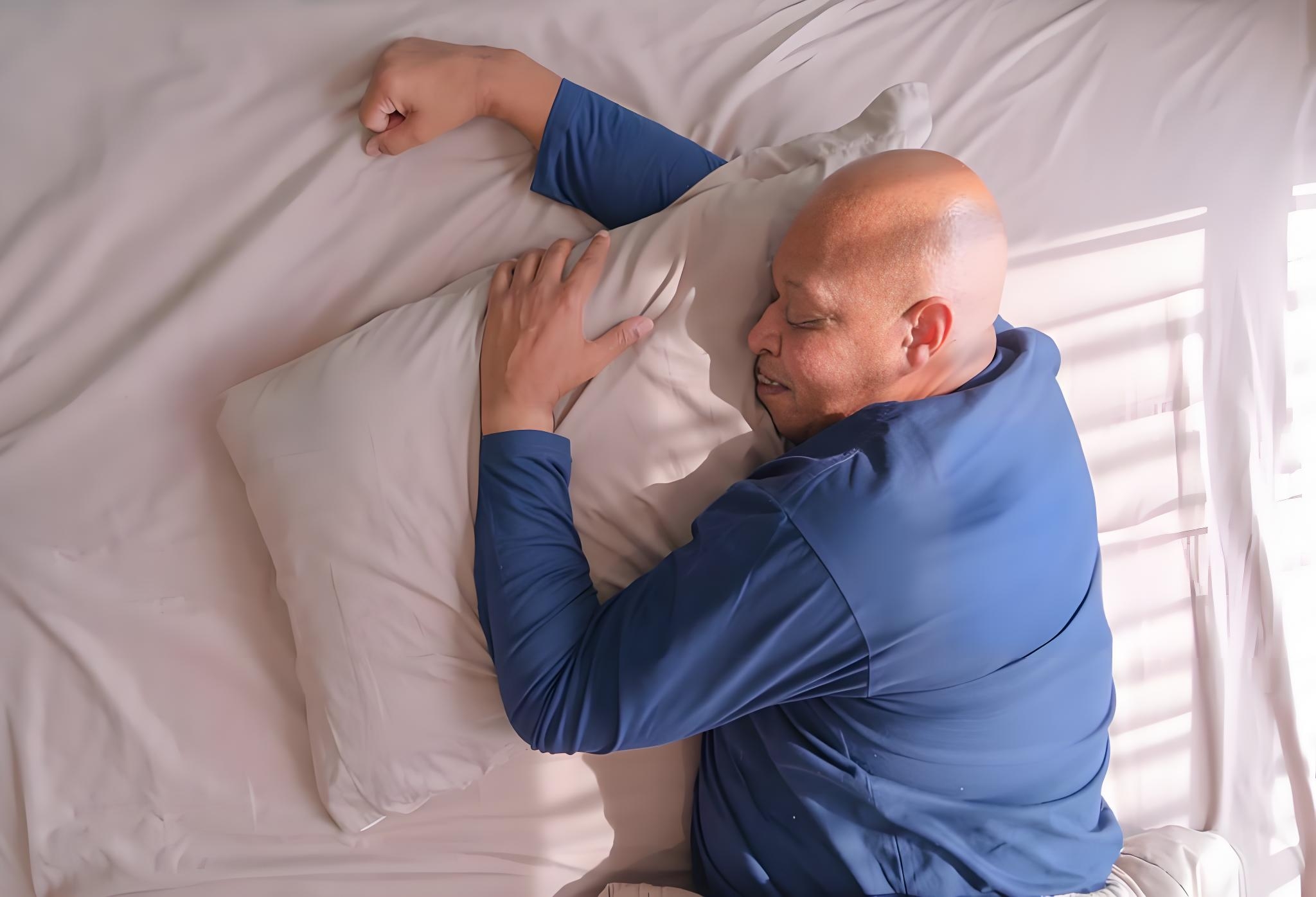

 English
English Spanish
Spanish Turkish
Turkish
